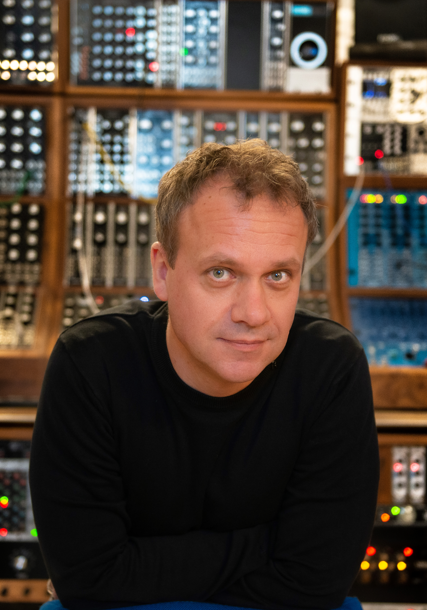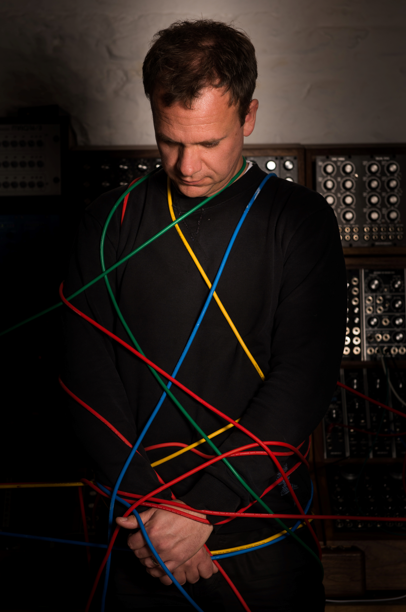Producer, mix engineer and Professor of Music Production at Leeds Conservatoire, Dom Morley, recently spoke to Headliner about his formative years at London’s iconic Metropolis Studios, his company The Mix Consultancy, and the ways in which he uses oeksound soothe2 in his creative process.
When did you first get into engineering and music production?
I started in the late ‘90s, and managed to wangle a job in a studio in Birmingham that was owned by UB40. I worked on a couple of their albums and with a bunch of other artists as an engineering assistant. Then I moved to London, and after a bit of freelancing got a job at Metropolis. I worked there for about seven years, starting off as a lowly assistant doing all the 24-hour sessions and working my way up to in-house engineer. I was Mark Ronson’s UK engineer for about three years and worked with him on his second solo album, Version, as well as the Amy Winehouse Back To Black album and a track for Adele. I won a Grammy for the Amy Winehouse record.
About six or seven years ago, I moved out to this little place in the Oxfordshire countryside; here I’m mostly doing mixing and a little bit of production.




